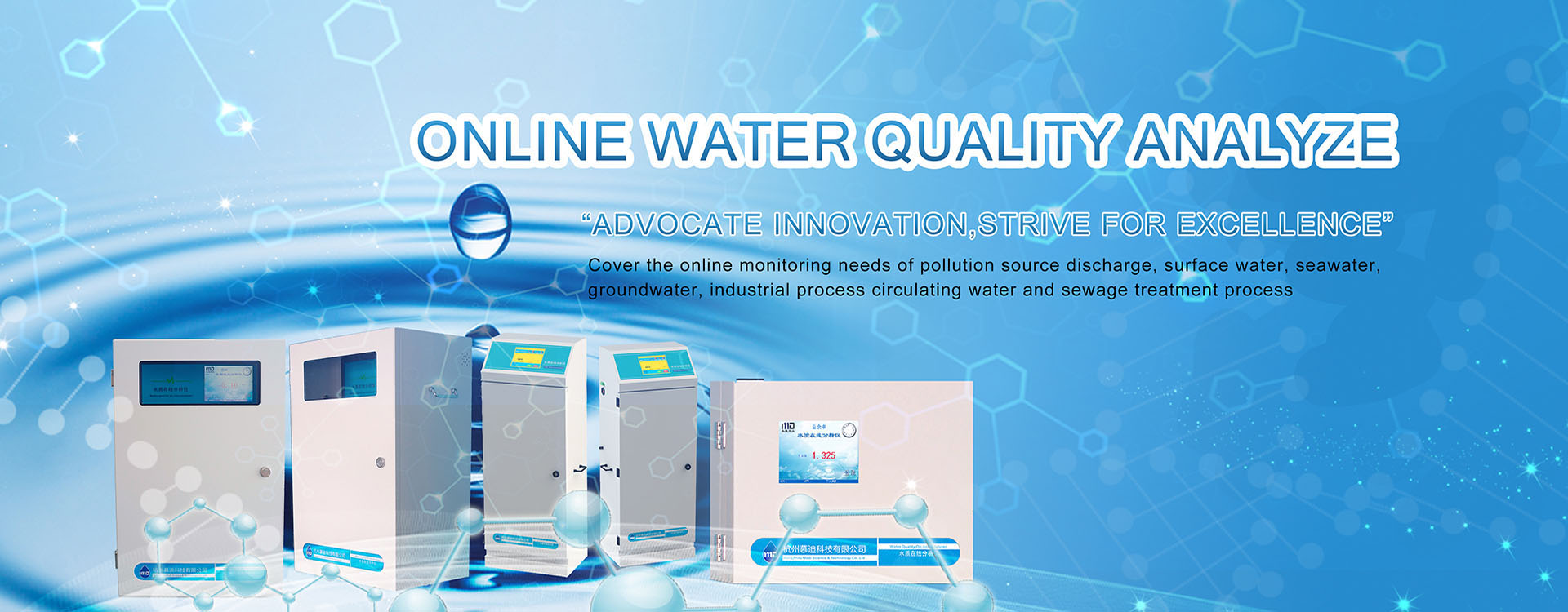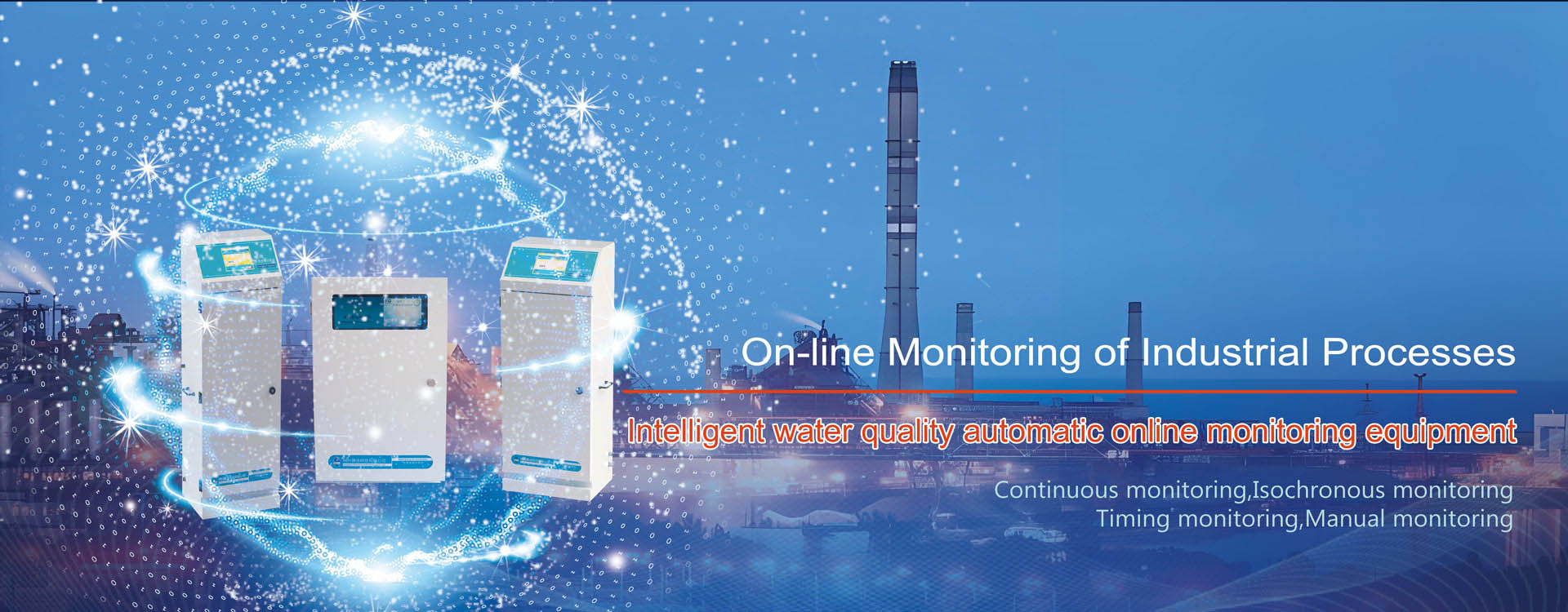Zinc pollution refers to the environmental pollution caused by zinc and compounds. The pollution sources come from various industries, such as paper making, refining and processing, and machinery manufacturing. Zinc is often present as zinc base complex in industrial wastewater. In this chapter, water quality online monitoring instrument manufacturers will work with you to understand the pollution of zinc to water bodies and how to detect!
Zinc to Water Pollution!
Zinc is insoluble in water, but zinc salts such as zinc chloride, zinc sulfate, zinc nitrate, etc., are soluble in water. Zinc carbonate and zinc oxide are insoluble in water. About 3.93 million tons of zinc are imported into the world’s oceans by rivers each year. The industrial wastewater discharged by mining mines, concentrators, alloy plants, metallurgical complexes, machine factories, galvanizing plants, instrument and instrument factories, organic synthesis plants and paper mills contains a large amount of zinc compounds. At a temperature of 30 to 50 ° C, the zinc ions in the industrial electrolyte exist in the form of Zn(H2O)嵜 or Zn(H2O)嵆. Common hydroxyl complexes of zinc in wastewater include Zn(OH)+, Zn(OH)婣, Zn(OH)厈 and Zn(OH)2·H2O. Therefore, the concentration of zinc in wastewater is the sum of Zn2+ and the above four kinds of complexes. The optimal pH value of zinc hydroxide precipitation is 9 ~ 10, and when the pH value rises, the sediment will be re-dissolved. The minimum concentration limit for Zn2+ in wastewater that can be treated by neutralization is 10-7 g ion/L. Zinc is many times more toxic to fish and other aquatic organisms than to humans and warm-blooded animals.
How Should Zinc in Water Be Tested to Ensure the Safety of Water Quality?
The detection method of zinc in water is not single. A T8000-Zn total zinc online monitor produced by Hangzhou Modi–Tech uses high-temperature acidification digestion method to transform all forms of zinc into the same valence state, and measures the total content of various zinc in surface water and industrial wastewater with color after hiding other interfering ions.
How it works: After the samples to be tested are sent to the digestion reaction tank, strong oxidants are added, followed by ultraviolet heating digestion. Under the irradiation of ultraviolet light, various organic interfering substances are rapidly decomposed, and all forms of zinc are uniformly oxidized to bivalent zinc. Then reducing agents are added to react excess oxidants, and then characteristic chromogenic agents are added for color reaction after adjusting the acidity of the solution. The depth of color is proportional to the total zinc content in the water sample, and the absorbance value of the reaction product is measured by photometry, so as to obtain the total zinc content in the water sample. On-line monitoring instrument is a professional instrument for real-time continuous monitoring of zinc concentration in water of various industries.




